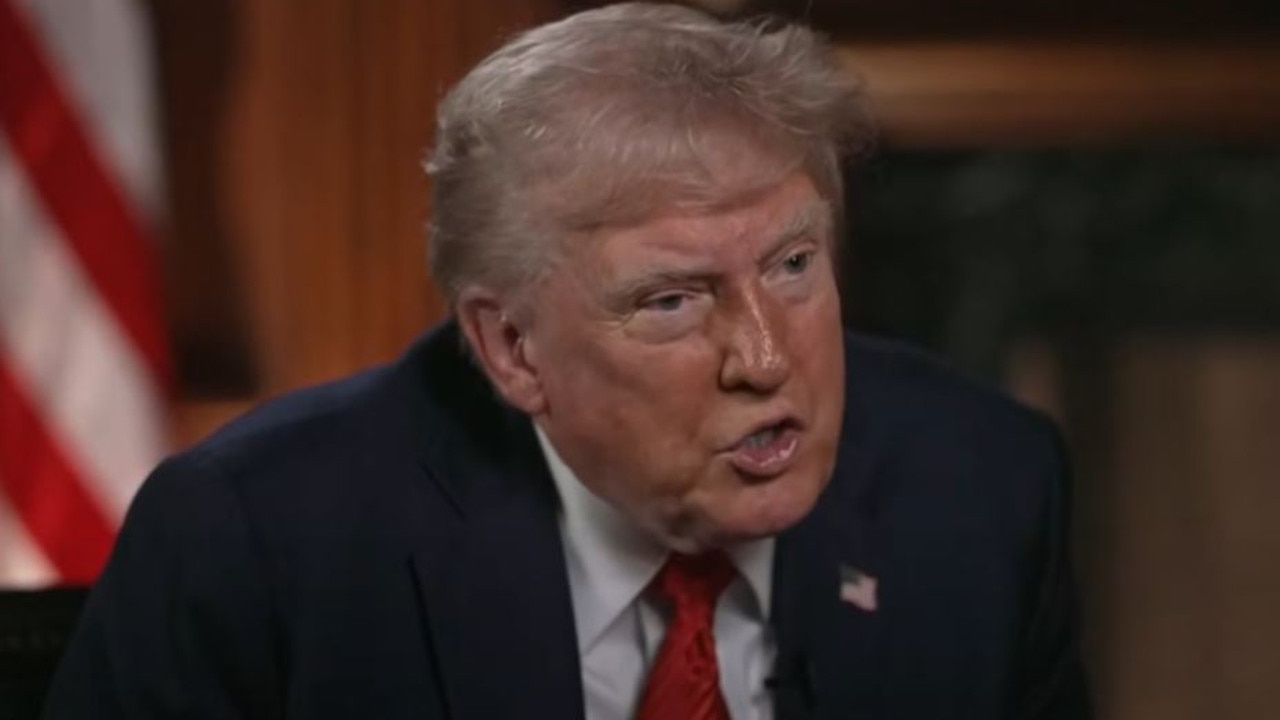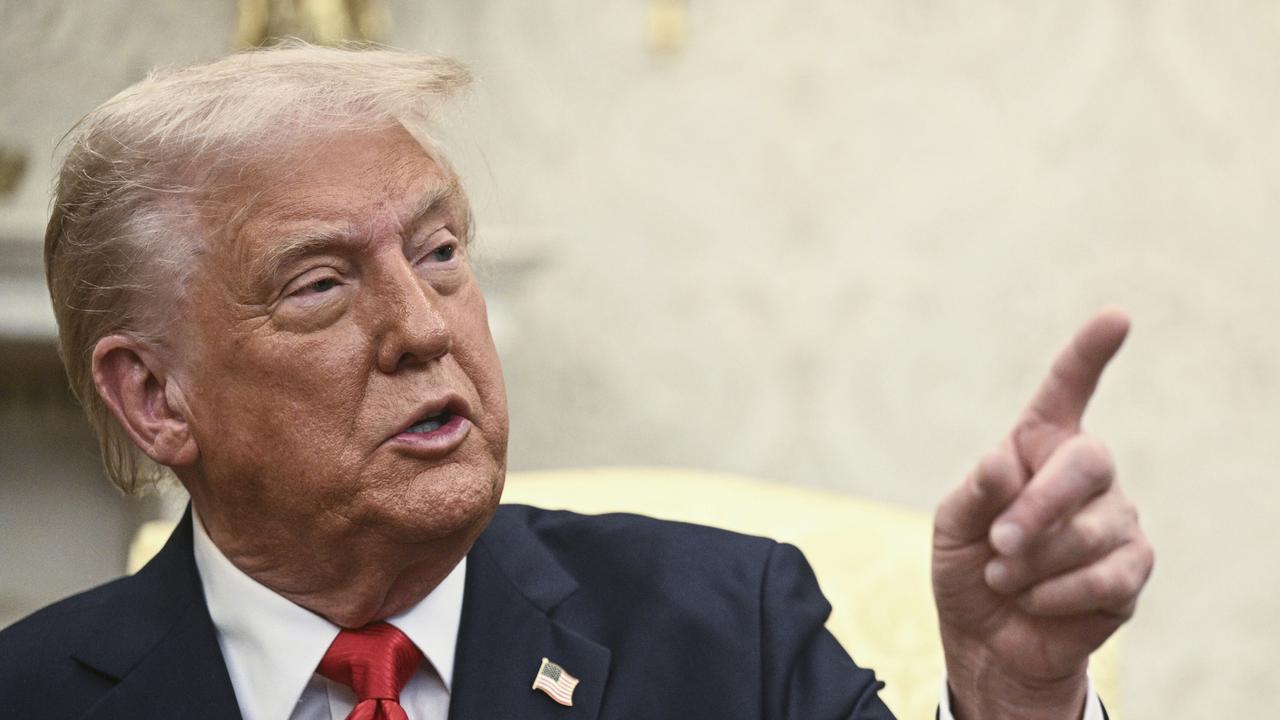Push to legalise cannabis in US states sparks fears of road carnage
A movement to legalise marijuana in some US states has sparked fears impaired drivers will cause carnage on roads.
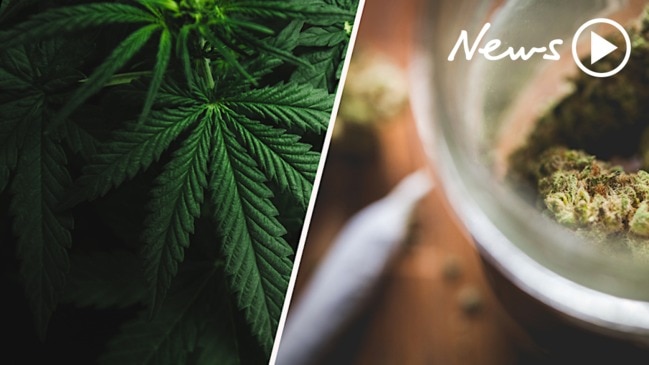
World
Don't miss out on the headlines from World. Followed categories will be added to My News.
The question of how to treat drug offenders was one of the recent US election’s toughest issues, with a national push toward legalising marijuana winning approval in some surprising states.
Voters in conservative Montana and South Dakota supported medical and recreational marijuana use, sparking fears in neighbouring states that impaired drivers would pose a risk on their roads.
Minnesota police chief Jim Felt was one of several cautionary voices following the November 3 vote, which brought to 15 the number of states, plus Washington DC, in which marijuana is legal despite being prohibited at a national level.
“The potential for drivers who have consumed marijuana to various impairment levels and then driving in Minnesota creates a safety risk, mainly due to the impact of marijuana on reaction time and impaired judgment on their driving,” said Chief Felt.
Arizona and New Jersey also voted to decriminalise marijuana and momentum is building in New York to open up the pot market in the country’s largest city.
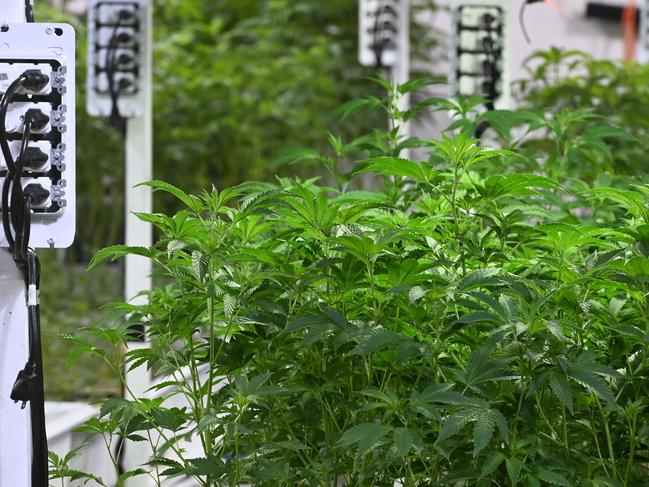
Oregon, with a reliably liberal population and which has been the site of significant social unrest this year, went a step further in becoming the first state to decriminalise the possession of small amounts of hard drugs.
Heroin, cocaine and LSD are among the hard drugs that people will not be charged for having possession of under Measure 110.
Rather than an arrest and potential jail time, users would be able to pay fines of $US100 or attend addiction treatment programs.
The measure was backed by a well-funded consortium including medical bodies such as the Oregon Nurses Association and the Oregon chapter of the American College of Physicians.
“Punishing people for drug use and addiction is costly and hasn’t worked. More drug treatment, not punishment, is a better approach,” those groups said in an open letter before the election.
America’s experiment with decriminalising drugs has produced mixed results.
Criminal justice reform and public health groups say the measures reduce the load on the legal system and hospitals.
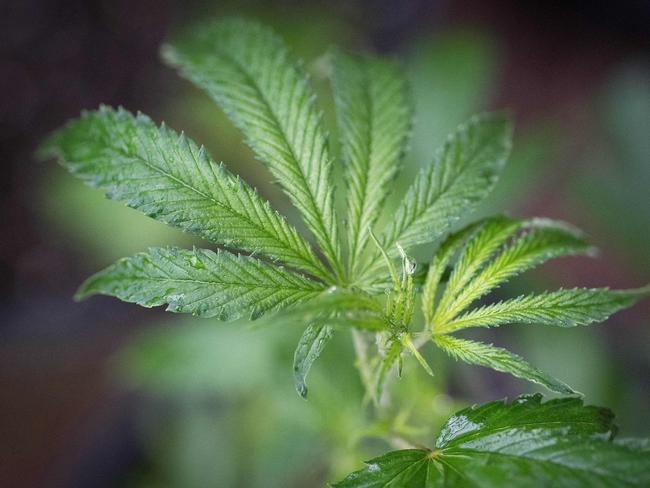
Regulating the huge markets also drives huge revenue to the tax base, with each state using different models, from taxing the THC levels, which are comparable to alcohol levels, to a general sales tax.
Critics say the issue is not just the potential that permissiveness could lead to increased use, it will also allow the growth of the so called “Big Marijuana” industry which will target the heaviest users.
Research in Colorado in 2018 showed the top third of legal marijuana users consumed almost 90 per cent of drugs produced, leading to concerns that increased availability would harm the most vulnerable.
“I think we have a horrible history of dealing with these kinds of things,” said Kevin Sabet, who heads America’s biggest anti-legalisation group, Smart Approaches to Marijuana.
“If we were a country with a history of being able to promote moderation in our consumer use of products, or promote responsible corporate advertising or no advertising, or if we had a history of being able to take taxes gained from a vice and redirect them into some positive areas, I might be less concerned about what I see happening in this country.”



